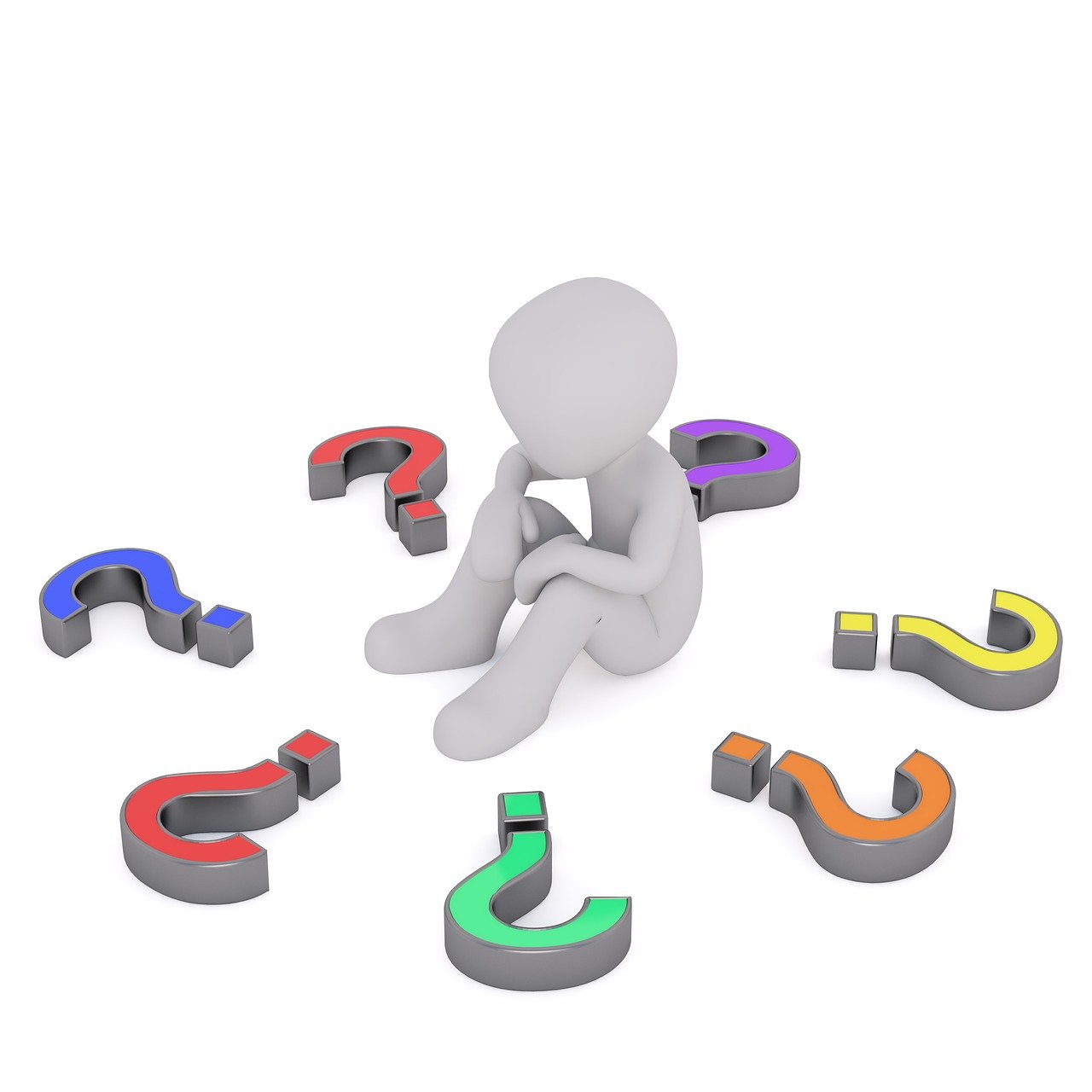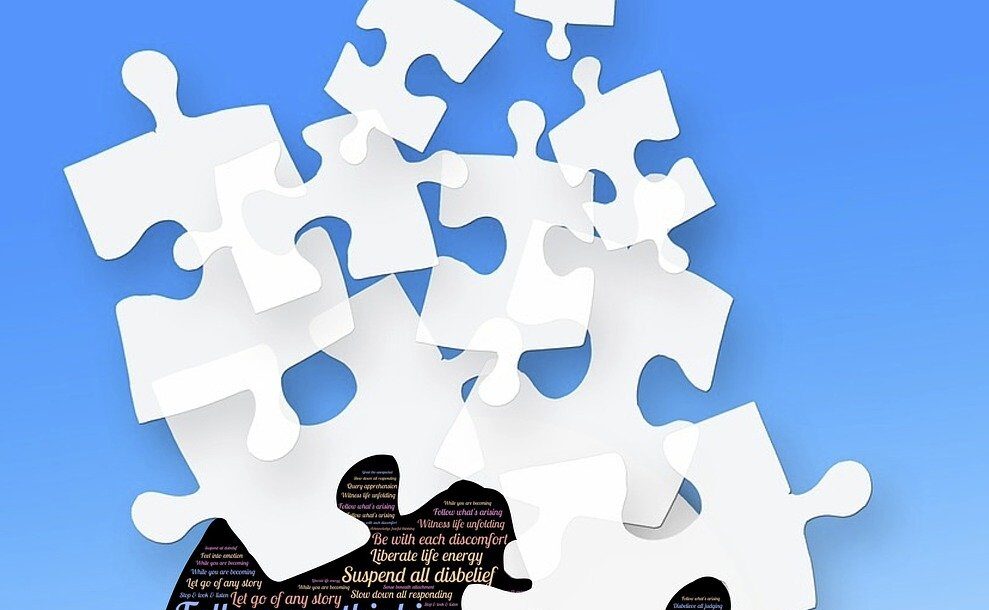Microaggressions may seem like minor slights or offhand comments, but their impact can be anything but small. While each individual instance might appear insignificant to an outsider, the cumulative effect of these everyday insults can weigh heavily on the people who experience them, often leading to serious mental health challenges.
Microaggressions aren’t just hurtful in the moment—they can have a lasting emotional impact. Let’s explore how these subtle forms of discrimination can contribute to increased stress, anxiety, depression, and even trauma.
Mental Health Toll: Death by a Thousand Cuts
The phrase “death by a thousand cuts” perfectly encapsulates the experience of living with microaggressions. While one comment or action might seem easy to brush off, repeated exposure to microaggressions can feel overwhelming, as each instance adds another layer of emotional distress. Over time, the cumulative impact can lead to:
- Increased Stress: When you’re constantly on guard, anticipating the next microaggression, it can lead to chronic stress. This state of hypervigilance is emotionally exhausting and can take a toll on both mental and physical health.
- Anxiety: The fear of encountering microaggressions in social or professional settings can cause anxiety. This can lead to avoidance behaviours, such as withdrawing from situations where these comments are more likely to occur, which can further isolate individuals from their communities.
- Depression: Feeling marginalized or devalued because of repeated microaggressions can erode self-esteem and contribute to feelings of sadness, hopelessness, and even depression. When someone’s identity is constantly questioned or invalidated, it’s easy for them to start internalizing those negative messages.
- Trauma: For some individuals, microaggressions can trigger past trauma, especially if they’ve experienced discrimination or abuse in other areas of their life. Even seemingly small comments can reopen old wounds, causing emotional pain that can be hard to heal.
Examples of How Microaggressions Affect Mental Health
To better understand how microaggressions impact mental health, let’s look at a few examples:
- At Work: A woman in a leadership position is repeatedly mistaken for a secretary or assistant. Though these instances might seem harmless to those making the mistake, they reinforce the stereotype that women don’t belong in positions of power. Over time, this can cause her to feel less confident in her role, leading to stress and self-doubt.
- In Social Settings: A person of colour is frequently told, “You’re so articulate!” While this may seem like a compliment, it implies that the speaker expected them not to be well-spoken, based solely on their race. The constant questioning of their abilities can lead to feelings of frustration, anxiety, and alienation.
- In Healthcare: A disabled person is praised for “being so brave” simply for going about their daily activities. These comments can be patronizing and serve as a reminder that society often views them through the lens of their disability rather than their abilities. Over time, this can lead to feelings of inadequacy and low self-worth.
Each of these examples demonstrates how microaggressions can chip away at a person’s mental well-being, creating an environment where they feel constantly scrutinized, devalued, or marginalized.
Why Awareness Matters
Understanding the impact of microaggressions is essential for both individuals and communities. When we recognize the emotional and psychological toll these small actions can have, we can begin to change our behaviour and create more supportive environments. Awareness helps prevent microaggressions from happening in the first place and allows us to respond with empathy and understanding when they do occur.
If you’ve experienced microaggressions, it’s important to acknowledge the emotional impact they’ve had on you. Seeking support from friends, family, or a mental health professional can help you process these experiences and find ways to heal.
For those who may have unknowingly committed a microaggression, it’s vital to listen, learn, and commit to changing behaviour moving forward. A simple acknowledgement of harm can go a long way in making someone feel seen and heard.
Conclusion: Small Words, Big Impact
Microaggressions might be small in the moment, but their impact is anything but insignificant. By understanding the connection between microaggressions and mental health, we can all take steps to reduce their occurrence and support those who have been affected.
We have the power to create environments where everyone feels respected and valued—one thoughtful interaction at a time.
Microaggressions can take a toll on your mental health over time, leading to stress, anxiety, or self-doubt. My Growth Healing Therapy addresses these hidden impacts, helping you build the mental strength to rise above these challenges. Together, we work on long-term healing and reclaiming your peace of mind.




Leave a Reply